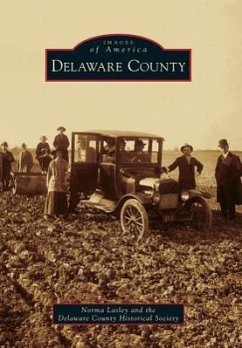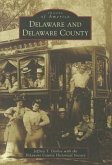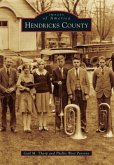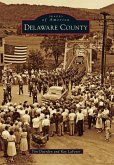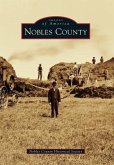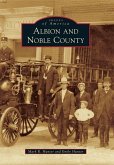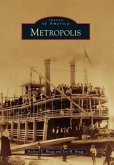Named for the Delaware Indians who lived in the area from about 1794 to 1820, this Indiana county was organized in 1827. It soon developed an economy based around agriculture, which remains important today. The area's first railroad, from Indianapolis to Bellefontaine, Ohio, came to Muncie in 1852. Indiana's first commercial gas well was drilled in Eaton, and many more wells were drilled in the area, which brought glass, metal, and other industries to the county, especially in towns such as Albany, Eaton, and Muncie. After the gas supply failed, automobile components--from gears to batteries--became a thriving industry. During World War II, Delaware County produced goods for the war effort ranging from land mines to submarine interiors. Ball canning jars were the area's most famous product until Jim Davis's Garfield (the cat) came along. In the 1950s and 1960s, Delaware County experienced growth and prosperity with the addition of machine and tool shops and small businesses.
Hinweis: Dieser Artikel kann nur an eine deutsche Lieferadresse ausgeliefert werden.
Hinweis: Dieser Artikel kann nur an eine deutsche Lieferadresse ausgeliefert werden.

